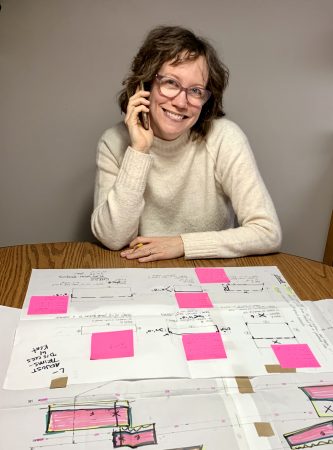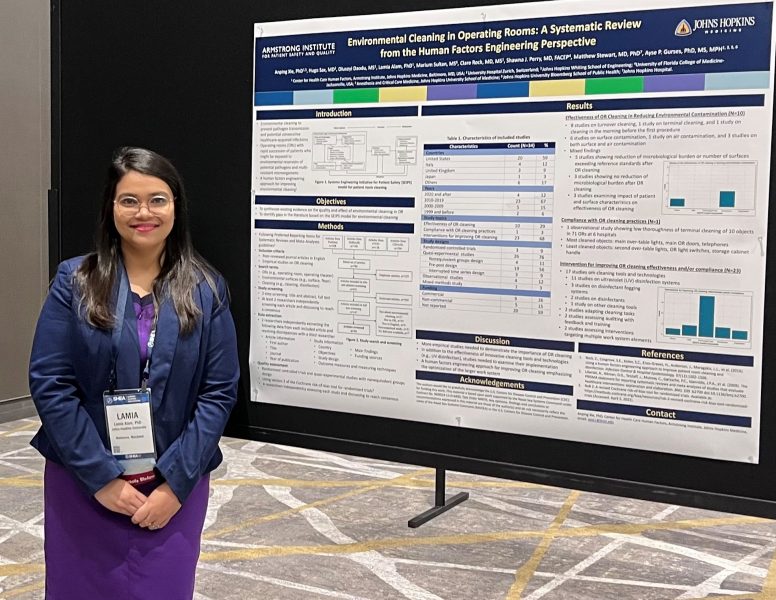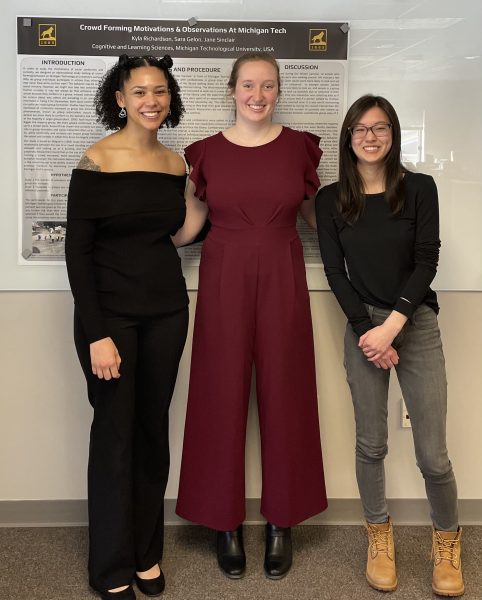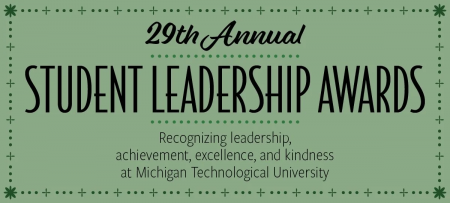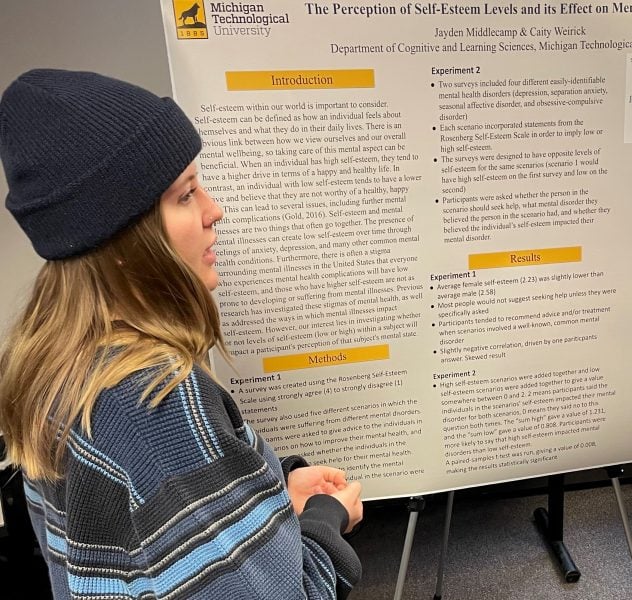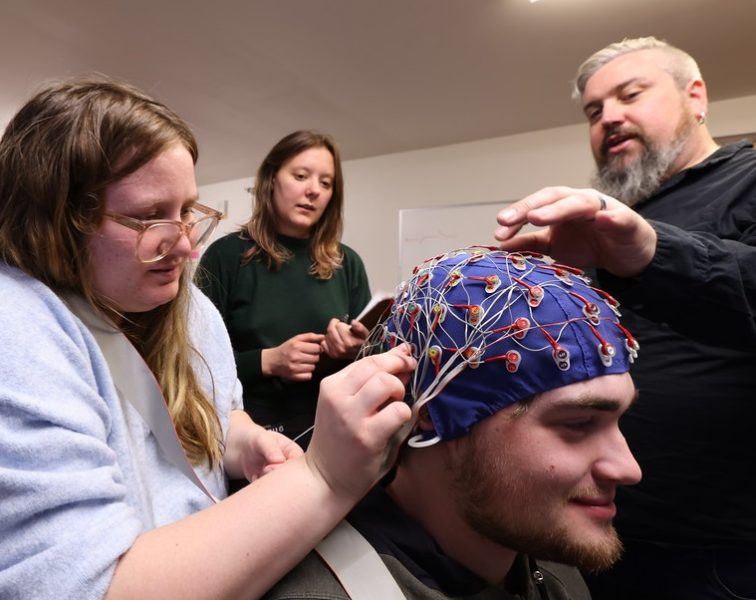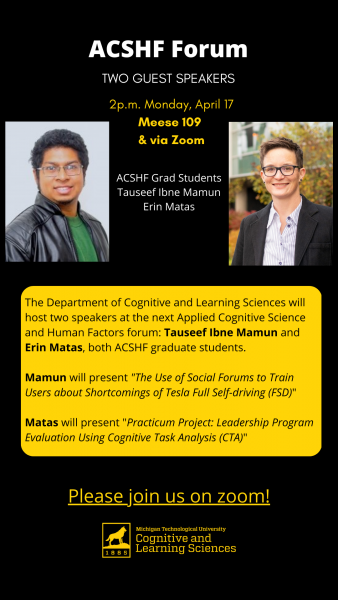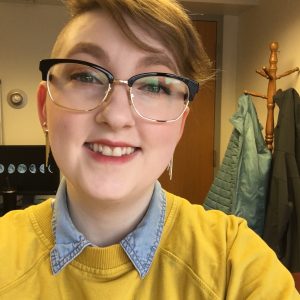Multitasking has become a common practice in many work environments, where individuals are required to perform several tasks simultaneously. However, research suggests that multitasking can lead to interference and a decline in cognitive performance. In a recent journal article published in Applied Ergonomics, a research team including CLS’s Samantha Smith studied the complexity of multitasking and its impact on cognitive performance1. The article titled “Dual-task effects between tone counting and mathematical calculations” sheds light on the factors that contribute to dual-task interference and provides valuable insights for understanding the challenges associated with multitasking.
Understanding Dual-Task Interference
Psychologists have proposed various theories to explain dual-task interference, including unitary cognitive resource theory and multiple cognitive resource theories. Among these, Wickens’ multiple resource theory (MRT) is frequently referenced by human factors and ergonomics professionals. According to MRT, tasks compete for our brain’s attention based on four factors: the processing stage (i.e., are we perceiving information, thinking about it, or responding to it?), whether the task is spatial or verbal, the senses required (i.e., is the task visual, tactile, or audial?), and if it’s a visual task, whether it requires our focal or ambient vision.
Research Findings
In this study, the research team paired a seated mathematical calculation task with the tone counting task to explore the impact of dual-tasking and cognitive load on performance. The results of the study indicated that participants made significantly more correct calculations in the single-task condition compared to the dual-task conditions. Furthermore, participants performed better in the one-frequency tone counting task compared to the three-frequency tone counting task. These findings suggest that both dual-tasking and cognitive load have a detrimental effect on cognitive performance, with higher cognitive load leading to reduced accuracy in calculations.
Implications for Multitasking
The findings from this study have important implications for understanding multitasking in various work settings. In operational settings where dual-tasking is common, individuals may experience interference and performance loss in one or both tasks. This knowledge can inform the design of work environments and the allocation of tasks to minimize dual-task interference and optimize performance.
Additionally, the study emphasizes the importance of task prioritization and overall task demand when examining dual-tasking. Certain tasks, such as climbing, may inherently demand more attention due to their physical riskiness, leading to task prioritization and potential interference with paired tasks. Understanding the cognitive demands of different tasks can help professionals identify tasks that may be more prone to interference and develop strategies to mitigate the negative effects.
The article is now available for online viewing and download at https://www.sciencedirect.com/science/article/pii/S000368702300090X.1 Blakely, Megan & Smith, Samantha & Russell, Paul & Helton, William. (2023). Dual-task effects between tone counting and mathematical calculations. Applied Ergonomics. 111. 104052. 10.1016/j.apergo.2023.104052.


